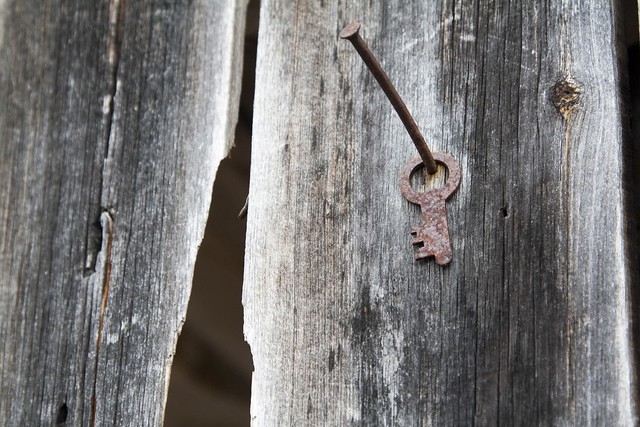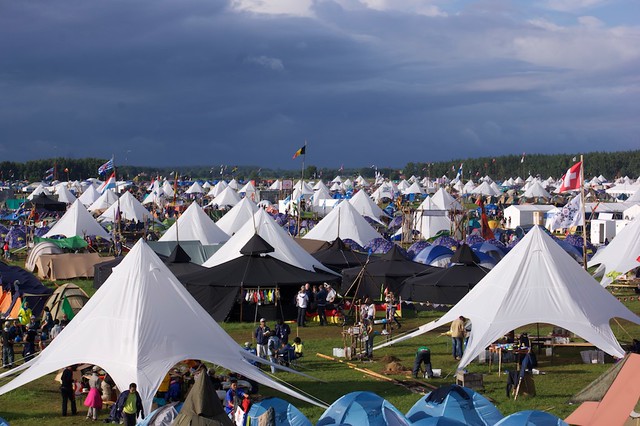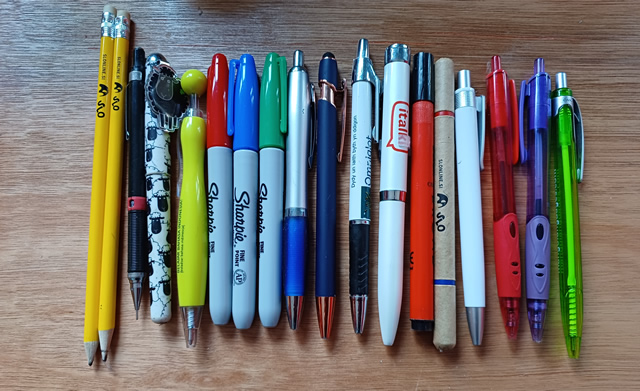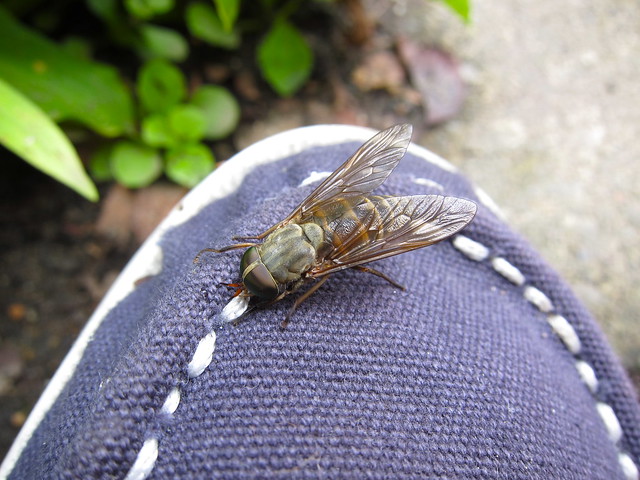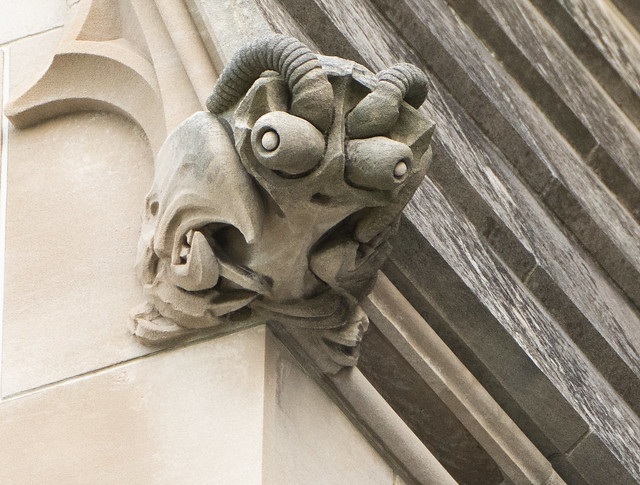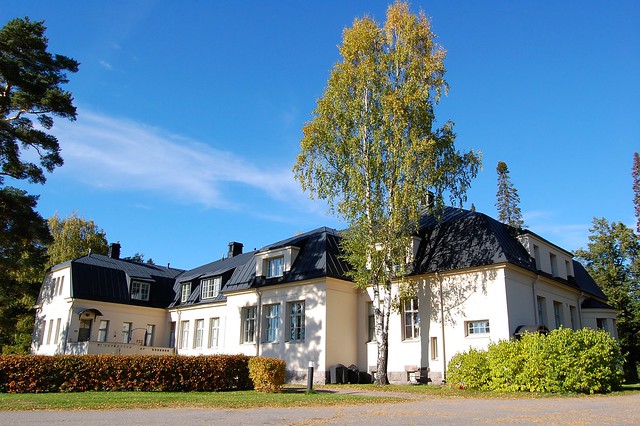Jot and Tittle – it would be a good name for firm of printers, but actually means a smallest detail or the smallest details. It is often preceded by every, as in “every jot and tittle”.
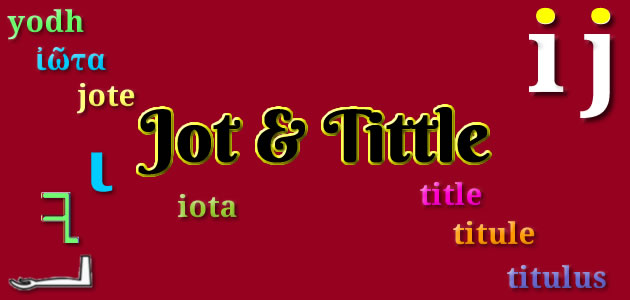
A version of this phrase appears in the Bible (Matthew 5:18):
For verily I say unto you, Till heaven and earth pass, one jot or one tittle shall in no wise pass from the law, till all be fulfilled.
Another example include “He did not get every jot and tittle, but the plan ultimately adopted was viable.”
Jot can refer to:
- Iota (Ι ι), the smallest letter or stroke of any writing.
- A small amount, bit; the smallest amount.
- A brief and hurriedly written note.
- A moment, an instant. (obsolete))
It comes from Latin iōta (a Greek letter), from Ancient Greek ἰῶτα (iôta [Ι ι] – a letter in the Greek alphabet; a very small part of writing). The name of the letter comes from Phoenician 𐤉 (y – yōd/yodh), which comes from Proto-Semitic *yad- (hand). The letter is based on an Ancient Egyptian hieroglyph meaning hand or arm (𓂝).
The English word iota (a jot, a very small, insignificant quantity) comes from the same roots.
Tittle can refer to:
- Any small dot, stroke, or diacritical mark, especially if part of a letter, or if a letter-like abbreviation; in particular, the dots over the Latin letters i and j.
- A small, insignificant amount (of something); a modicum or speck.
It comes from the Middle English title / titel(e) (inscription, small mark or stroke made with a pen), from Anglo-Norman titil, from Medieval Latin titulus (title of a book, heading, tablet, inscription, epitaph), which probably comes from Etruscan.
Words from the same roots include tilde (e.g. ã, ñ, õ), and title in English, and tildar (to declare, brand, stigmatize, put a tilde or other accent mark over, to go into a trance) in Spanish.
Sources:
https://en.wiktionary.org/wiki/jot_and_tittle
https://en.wiktionary.org/wiki/jot#English
https://en.wiktionary.org/wiki/iota#English
https://en.wiktionary.org/wiki/tittle#English
https://quod.lib.umich.edu/m/middle-english-dictionary/dictionary/
https://en.wiktionary.org/wiki/tildar#Spanish

